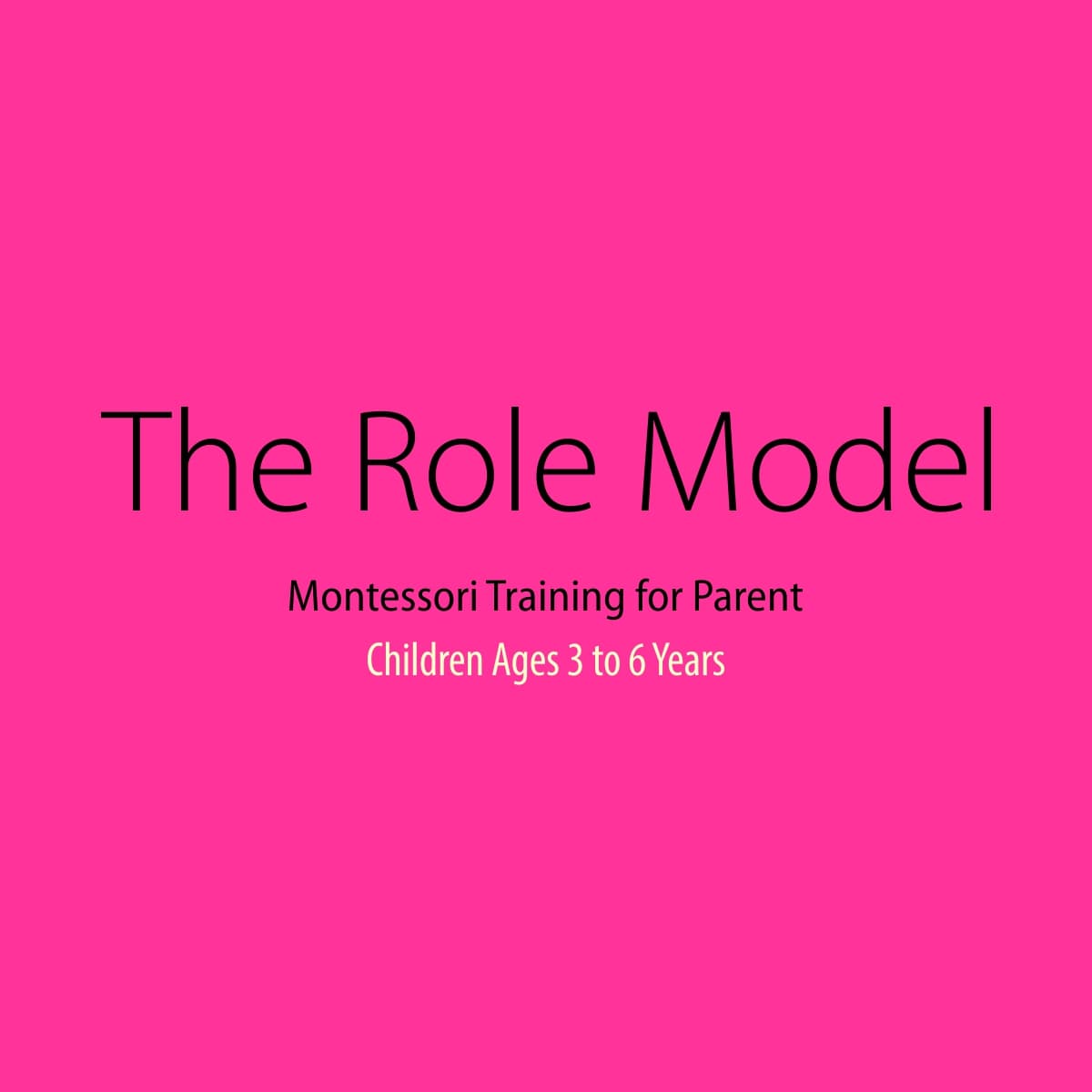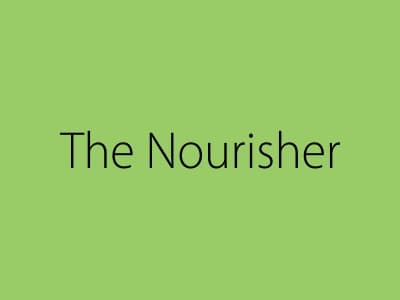| Introduction |
|
| Who is your Child |
|
| Learning Difficulties of Children |
- Learning Disabilities Vs. Learning Difficulties
- Universal Problem of Children in Learning
- Issues remain unsolved through Generations
- Parent’s Responsibility in Child’s Learning
- Understand and Address Learning Difficulty
|
| Unfolding Your Child’s True Potential |
|
| Understanding of the Human Being |
- What is Human Being
- Description Human in History
- Biological View
- Holistic Understanding
- Study of Human
|
| Introduction to Human Development |
|
| Theories of Child Development |
|
| “ologies” and “isms” of human development |
|
| Indian roots on Child Development |
- Indian Culture - Great Sciences Practiced in Daily Life
- Indian Mythology - Ancient Great Science yet be realized
- Micro Universe - Ancient Indian Understanding
- Indian Roots - Harmonize life with Nature
- Child Development must follow the Nature - Indian Way
- Child Development - Indian Heritage and Montessori
- Rich Culture for Rich Child Development
- Indian Ancient Texts on Child Development
|
| “Needs” – An Understanding |
- Fundamental Needs
- Adult Priorities based on Needs
- Developmental Needs Vs. Common Needs
- Importance of Developmental Needs
- Developmental Needs of Children
|
| Cleanness and Hygiene |
- Civilization
- Role of Culture in Cleanness and Hygiene
- Effective Hygiene Practices
- Prepared Environment for the Children
- Protect - Don’t Infect
|
| Child Health Conscious Parenting |
- Avoiding Chemicals in House Hold Activities
- Chemical Free Habits
- Healthy House for Children
- Ventilation
- Managing Mosquitos
- Sleep Habits
- Food Habits
|
| Refection |
- Nutrition for Child Development
- Chemical Free Food
- Preparing a Meal for Childrens
- Special Menu for Children
- Food for Child Health
|
| Eating Science |
- Eating Practices
- Modeling children for Eating
- Introducing Eating
- Preparation for Eating
- Eating Habits
|
| Basic Medication |
- Understanding Immune System
- Immune Development of the Child
- Handling Common Illnesses of the Child
- Home Remedies
- Treatment without Side Effects
- Effective Medical Practices for Children
|
| Montessori Philosophy and Pedagogy |
- Following Dr. Maria Montessori’s Life and Work
- Montessori Philosophy of Child Development
- Scientifically Assisting the Child in the Development
- The Montessori’s Approach to Education
- Montessori’s Pedagogical Method
|
| The Developmental Crisis |
- Developmental Crisis of the Child
- Rebirths of Child
- Physical and Mental Development
- Developmental Stages
|
| Montessori at Home |
|
| Community Building at Home |
- Building a Community for Children
- Siblings Involvement
- Partnership with Families
- Hosting Neighborhood Children at Home
|
| Community Involvement and Partnership with Families |
- Connecting Neighborhood Parents
- Hosting Montessori Parenting Parties
- Creating a Parenting Centric Community
|
| Behaviour Management |
|
| Preparing to Assist Child in his Developmental Needs at Home |
- Needs of Physical Development
- Needs of Psychological Development
- Needs of Cultural Development
- Needs of Social Development
- Needs of Spiritual Development
|
| Preparing Home |
|
| Preparation of Parent |
- Need for Preparation
- Types of Preparation
- Preparation for Transformation
- Become the need of the child
|
| Father Mother Leadership and Engaging with Child |
|
| Nature Nurtures |
|
| 21st Century Parenting |
- Gadget Free Child Development
- Limiting the Role of Technology
- Work & Child balance for Working Mothers
|
| |
| Parenting Modules for 3 to 6 Years |
| Overview |
Topics |
| Introduction to Concious Worker |
- Understand your 3 to 6 Year Old
- Parenting for Early Childhood Child
- Unfolding the Human Potential of 3 to 6 Year Child
|
| Indian roots on Child Development |
|
| Needs of Early Childhood |
|
| Cleaness and Hygiene for for 3 to 6 Year Child |
- Cleaness and Hygiene Management
- Child's Sensitivity for Cleaness
- Cleaness and Hygiene - Base for the Formative Ages
- Toilet Learning
|
| Child Health Conscious Parenting |
- Sleep Habits of 3 to 6 Year Child
- Food Habits of 3 to 6 Year Child
- Telling stories on Food and Sleep Habits
|
| Refection for Ealy Childhood |
- Energy Diet for Early Childhood
- Preparing a Meal for Early Childhood
- Special Menu for Early Childhood
|
| Eating Science |
- Eating Habits for Early Childhood
- Dining Preparation for Early Childhood
- Modeling Dining Habits
- Telling Stories on Eating Science
|
| Montessori Philosophy and Pedagogy for Birth to 3 Year Child |
- Rhythm of Life 1st Plane
- Montessori Philosophy for 3 to 6 Years
- Developmental Needs of 3 to 6 Years
- Approach to Concrete Learning
- Developmental Opportunities for 3 to 6 Years
- Help Me To Do Myself
- Assisting Absorbent Mind
|
| Basic Medication |
- Immunity Development in Early Childhood
- Home Remedies for Early Childhood
- Involving Child in Preparation of Home Remedies
- Telling Stories on Body Functions
|
| Montessori at Home |
|
| Community Building at Home |
- Building Community for 3 to 6 Year Child
- Social Needs of Early Childhood
- Connecting Siblings to 3 to 6 Year Child
|
| Behaviour Management of I3 to 6 year Child |
- Understanding of Deviations of 3 to 6 Year Child
- Handling Tantrum
- Deviation of Early Childhood
- Breaking the Deviation Cycle
|
| Preparing to Assist 3 to 6 Year Child in his Development at Home |
- Assisting Motor Co-ordination Development
- Assisting Language Development
- Assisting Attention Development
- Assisting Development of Perception
- Assisting Development of Will
|
| Preparing Home for 3 to 6 Year Child |
- Preparing Home for Movement/li>
- Preparing Home for Functional Independence
- Preparing Home as a Learning Platform
|
| Preparation of Parent to assist 3 to 6 Years |
- Physical Preparation for 3 to 6 Years
- Intellectual Preparation for Parenting 3 to 6 Years
- Spiritual Preparation for Parenting 3 to 6 Years
|
| Father Mother Leadership in 3 to 6 Year Child Engagement |
- Roles of Father and Mother in 3 to 6 Year Child Engagement
- Become the Role Model for your Child
- Following the Early Childhood Child
- Record Keeping for 3 to 6 Year Child
|
| Nature Nurtures 3 to 6 Years |
- No instructional Nature Hours
- Nature Rich Home
- Setting up Edible Garden
- Connecting 5 Elements with 3 to 6 Year Child
|







